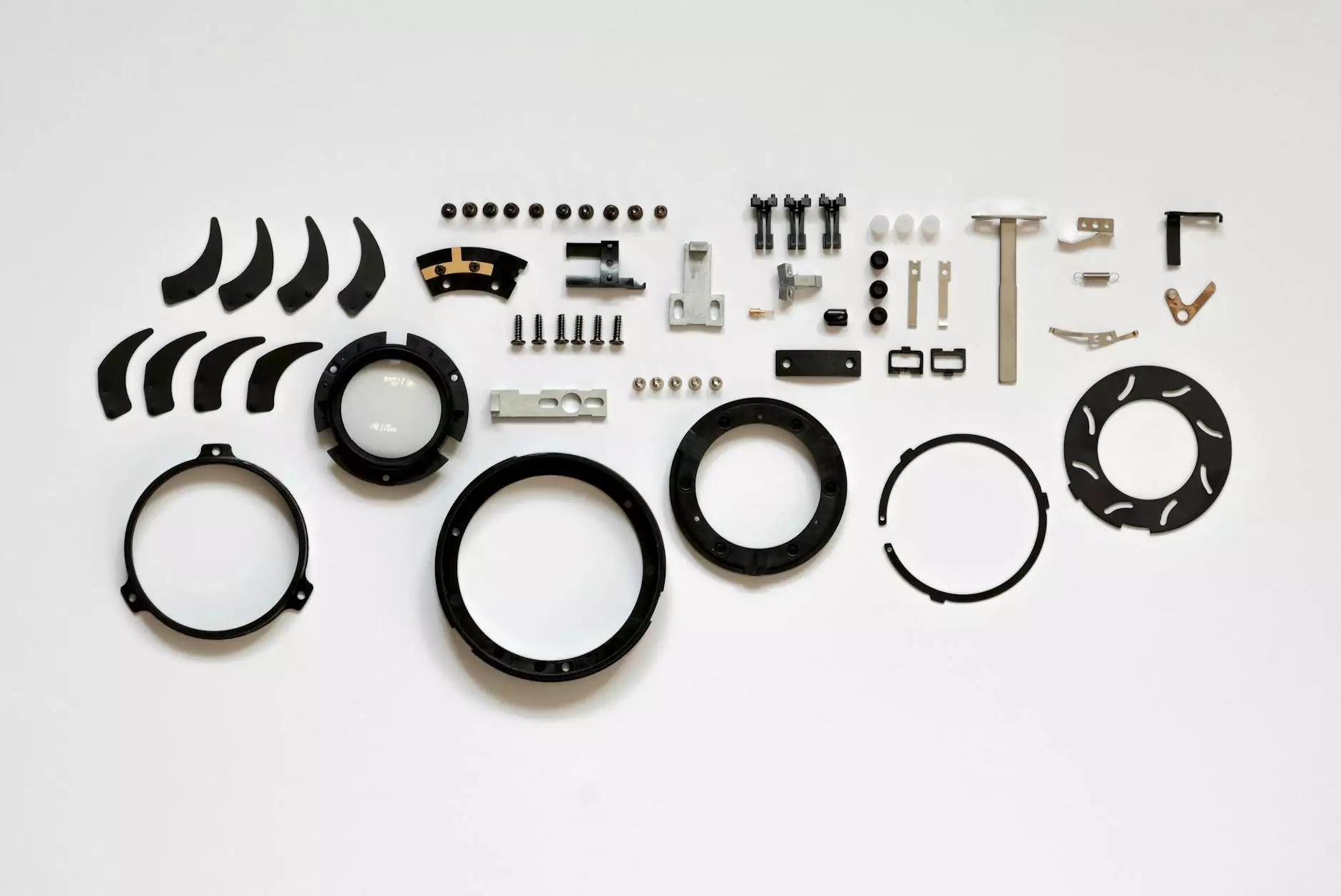The Ultimate Guide to Excavator Hydraulic Parts

When it comes to heavy machinery, excavators stand out as one of the most crucial tools in various industries, including construction, mining, and landscaping. A vital component of these powerful machines is their hydraulic system, which relies heavily on top-quality excavator hydraulic parts. This extensive guide will cover everything from the importance of these parts to how to maintain them and efficiently choose the right components for your needs.
Understanding Excavator Hydraulic Systems
The hydraulic system in an excavator is essential for its operation. It converts the mechanical energy from the engine into hydraulic energy, allowing the machine to perform various tasks. This involves a lot of moving parts, where each plays a significant role:
- Hydraulic Pump: Converts mechanical energy into hydraulic energy.
- Hydraulic Cylinders: Convert hydraulic energy back into mechanical energy to perform work.
- Hoses and Fittings: Transport hydraulic fluid between components.
- Valves: Regulate the flow and direction of hydraulic fluid.
The Importance of Quality Excavator Hydraulic Parts
The performance of an excavator largely depends on the quality of its hydraulic parts. High-quality excavator hydraulic parts ensure:
- Enhanced Performance: Superior parts improve the efficiency and capability of the excavator.
- Increased Lifespan: Quality components endure wear and tear better, prolonging the life of the machinery.
- Safety: Reliable hydraulic parts minimize the risk of malfunction that can lead to accidents on the job site.
Types of Excavator Hydraulic Parts
Understanding the different types of hydraulic parts will help you make informed decisions when purchasing replacements. Here are some critical components of the excavator hydraulic system:
1. Hydraulic Pumps
Hydraulic pumps are crucial for supplying hydraulic fluid to the system. They come in various types, such as:
- Gear Pumps: Simple in design and efficient for low-pressure applications.
- Piston Pumps: Provide higher pressure and flow rates; ideal for heavy-duty operations.
- Vane Pumps: Known for their reliability and smooth operation.
2. Hydraulic Cylinders
These cylinders push and pull the excavator's arm, attachments, and other components. They are classified based on their function:
- Single-Acting Cylinders: Operate in one direction, using a spring for return.
- Double-Acting Cylinders: Function in both directions, allowing for more versatility.
3. Hydraulic Hoses and Fittings
These are essential for connecting different components of hydraulic systems. Key points include:
- Material: Hoses can be made from rubber or thermoplastic, depending on the application.
- Size: Proper sizing is crucial for optimizing flow and performance.
4. Hydraulic Valves
Valves control the flow and pressure of hydraulic fluid. Choices include:
- Directional Control Valves: Manage the path that hydraulic fluid takes.
- Pressure Control Valves: Regulate the pressure in the system to prevent overload.
How to Choose the Right Excavator Hydraulic Parts
Selecting the right hydraulic parts for your excavator is vital for optimal performance. Here are guidelines to follow:
1. Assess Compatibility
Verify that the parts are compatible with your excavator's make and model. Consult the manufacturer's specifications to ensure a perfect fit.
2. Opt for Quality Brands
It's wise to invest in well-known brands that are recognized for their quality and reliability. Parts from manufacturers like Cat, Komatsu, and Hitachi tend to offer longer lifespans and better performance.
3. Consider the Operating Conditions
Depending on whether you'll use the excavator in extreme conditions (like high temperatures or abrasive environments), you might need specialized hydraulic components designed for such scenarios.
Maintenance Tips for Excavator Hydraulic Parts
Proper maintenance of excavator hydraulic parts is key to maximizing performance and lifespan. Here are some essential tips:
1. Regular Fluid Checks
Make it a routine to check the hydraulic fluid levels and conditions. Contaminated or low fluid can damage the system.
2. Inspect for Leaks
Regularly examine hoses, fittings, and cylinders for leaks. Early detection prevents more significant issues and repairs down the line.
3. Clean the System
Keep the hydraulic system clean. Debris can cause significant damage to hydraulic components. Regular cleaning will ensure smooth operation.
4. Follow Manufacturer Guidelines
Always adhere to the manufacturer's recommendations for maintenance and replacement intervals to prevent unnecessary breakdowns.
Where to Buy Quality Excavator Hydraulic Parts
Finding quality hydraulic parts can be challenging. However, platforms like Shophydraulicamerica.com offer a vast selection of high-quality excavator hydraulic parts. Here are some tips for buying parts:
1. Online vs. Offline Retailers
While local stores might have parts available, online retailers usually offer a wider selection, better prices, and the convenience of home delivery. Always check reviews and ratings before making a purchase.
2. Check Return Policies
Understand the retailer’s return policy. In case a part doesn’t fit or meet your expectations, it's best to know you have options.
3. Customer Support
Choose retailers that provide excellent customer service. This can be invaluable if you have questions or issues regarding your purchases.
Conclusion
In summary, understanding the components and maintenance of excavator hydraulic parts is vital for anyone involved in the operation or maintenance of excavators. Investing in quality parts and adhering to a solid maintenance routine ensures your machinery operates smoothly and efficiently. For all your hydraulic part needs, consider trusted sources like Shophydraulicamerica.com, where you can find the best parts to keep your excavator performing at its best. With the right knowledge and resources, you can enhance the productivity and safety of your heavy machinery operations.









